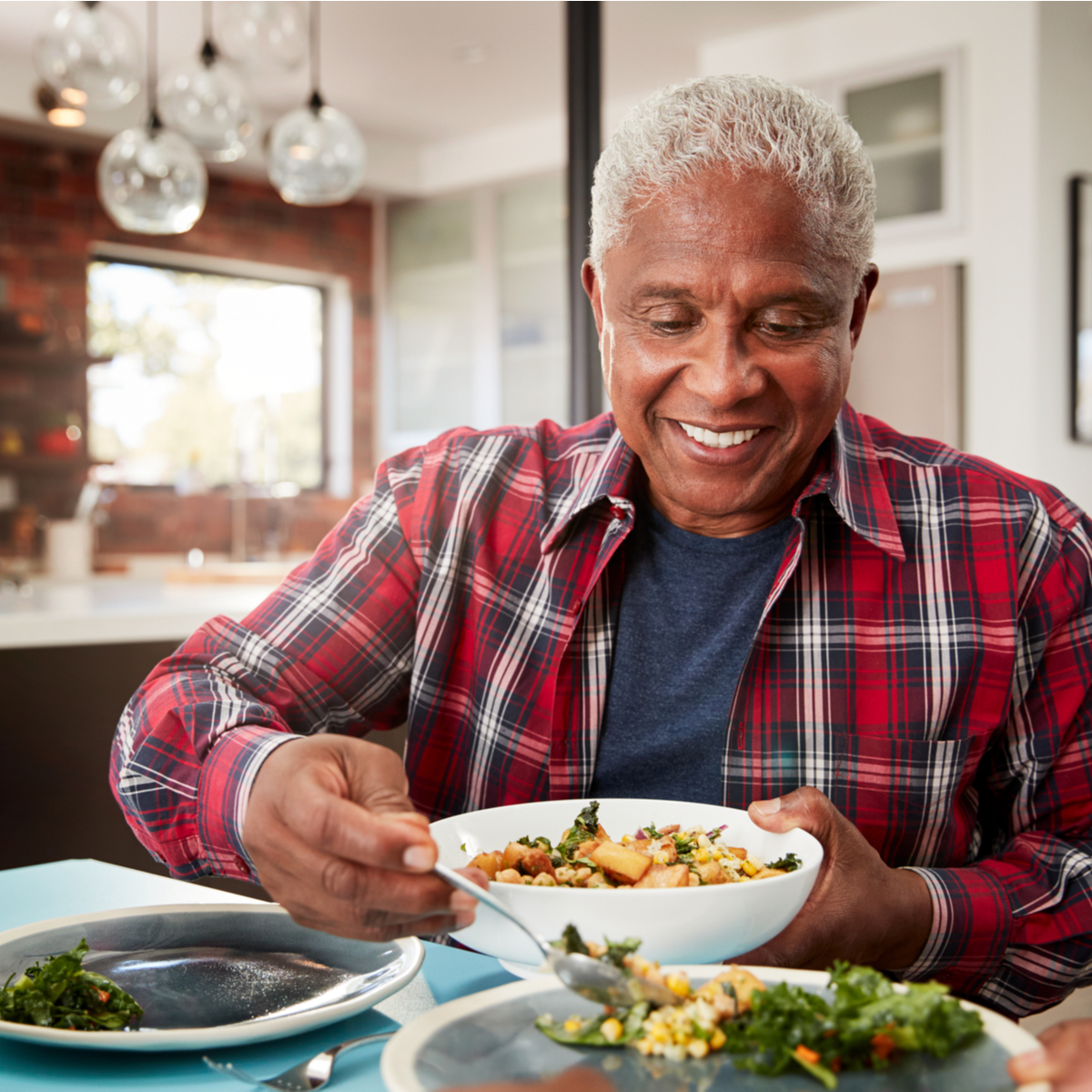by: Melanie Farley
At Northeast Adult Day Care, we have long provided culturally appropriate foods because our clients hail from regions and countries all over the world. We recognize that sharing a meal together goes beyond nutrition; food also has important connections to our families, cultures, and our environments.
So, we serve food from a wide variety of cultures at our Center to ensure that our diverse client base has access to foods they love. In this article, we’ll share some of the insights we’ve gained, and some of the benefits of a more culturally inclusive menu.
Why Are Culturally Inclusive Meals Important?
When facilities neglect to offer culturally specific foods, the result is often malnourishment and depression for seniors. That’s because many seniors would rather skip meals than eat something that doesn’t align with their cultural or religious preferences.
Food is a powerful part of community and medicine. It has the power to elicit nostalgia, strengthen social connections, and promote healing. So, it’s important that our menu choices reflect the diversity of the communities we serve.
Benefits of Culturally Inclusive Meals
Culturally inclusive foods have been shown to improve mental well-being and support joy in older adults. Seniors are also more likely to feel like they are treated with respect when the menu is more culturally inclusive, and it helps families and caregivers better understand treatment-aligned meals that can be prepared at home.
Culturally inclusive meal choices also help strengthen friendships and build community amongst seniors because it offers the opportunity for multicultural exploration and sharing.
Approaches to Cultural Inclusion
A great first step is to take a closer look at your client base and survey them about the kinds of foods they prefer to eat. You might host a food committee meeting to learn more about your seniors and their cultural and religious preferences, for example.
Then, what’s most important is that you listen to the feedback you receive. For example, after listening to feedback, one facility began offering rice instead of bread with meals to appeal to their Asian residents.
A Final Word…
Food is memory, and it is an important source of community, especially for seniors. It’s vital that seniors have access to food that meets their cultural and religious needs because it shows them that they are respected. Culturally specific food choices also support mental well-being and cultivate joy, which will lead to longer, happier lives for our older loved ones.
Would your senior loved one benefit from expert adult day care in a warm, welcoming environment? The healthcare professionals at Northeast Adult Day Care can provide skilled care, monitoring, and social interaction for your loved one! Reach out to learn more, [email protected].


